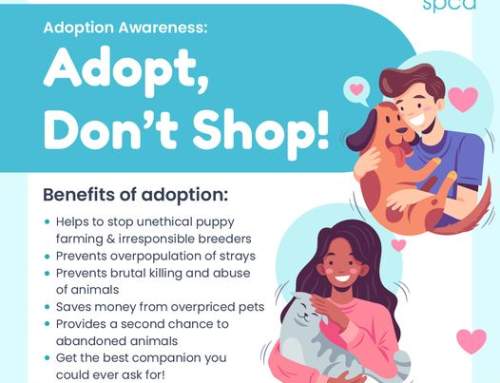
– From rspca.co.uk
How can I improve my cat’s health and welfare?
Ensure that your cat is protected from pain, suffering, injury and disease by checking your cat for unusual symptoms, as well as booking in annual checkups at the vet. Remember, pet insurance can save you from surprise bills. We advise that you talk to your vet about vaccinations as well as parasite treatments, neutering and microchipping. Otherwise, keeping your cat relaxed and stress-free while caring for your cat with regular grooming will keep your pet healthy and happy.
Our top tips for cat health:
- Cats have similar pain thresholds as people. They are vulnerable to a range of infectious diseases or illnesses. Try to check your cat for signs of injury or illness daily, and provide an vet health check at least annually.
- If you notice any unusual symptoms in your cat, seek advice from your vet promptly. Remember, changes might not be obvious as individual cats show pain or distress differently.
- Help your cat live a calm and relaxed life because it could decrease the risk of illness or disease. Stressed or insecure cats can become unwell. Changes to cats behaviour is an early sign that something is wrong.
- To protect against pregnancy, female cats should be spayed before four-months-old. Your vet will perform this simple operation, also known as ‘neutering’, ‘fixing’, or ‘being done’.
- Male cat neutering involves a simple operation called the snip. This can protect him against injuries and catching nasty diseases from fighting over mates. It can also stop your cat spraying in the house.
- Owning a pet is a long-term commitment so consider it carefully. For example, think about how long cats live for. Investigate potential health and behaviour problems they could have or develop e.g. as a result of breed, how they’ve been bred and cared for. Some cat breeds have exaggerated physical features which can cause suffering and reduce quality of life; some are also prone to inherited disorders/diseases. If unsure consult your vet for advice.
- Human and dog medicines can be very dangerous to cats. Make sure you only treat your cat with medicine prescribed to them by a vet.
- To keep your cat’s coat in good condition, regularly groom them. It can also help identify changes in your cat’s health. If you’re unsure about grooming, or your cat changes it’s grooming habits, consult your vet for advice.
- Road accidents are the most common cause of injury or early death in cats. Microchipped cats are more likely to be reunited with owners and receive prompt veterinary care if injured. Please speak to your vet about microchipping your pet.







